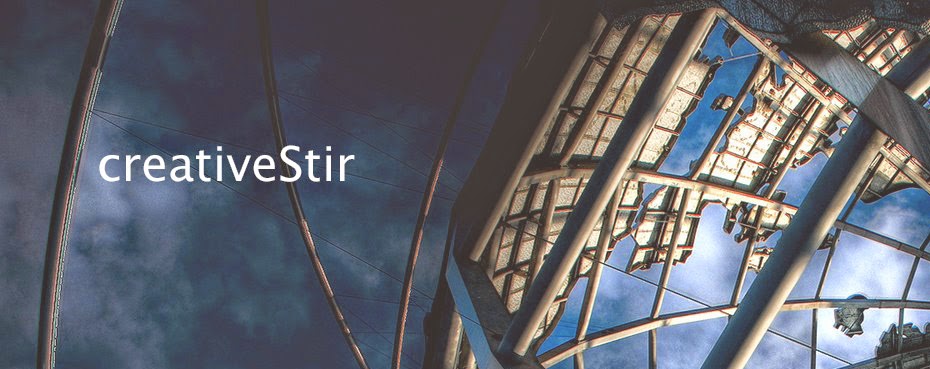| Photo from http://www.arduino.cc |
Here's a new article I wrote called Dive Into the Maker Movement for Edutopia. Love to hear what you think about it!
As I mention in the article, I think back often to that 'Fab Lab' conversation I had with my old friend Brian Gawlik back in the day. Merging disciplines into projects on a flexible schedule that allows immersion for students... just imagine what could be accomplished. Many schools have the space to do things like this already.
Thinking forward... I've been doing a ton of research on 3D printers of late, and also trying my hand at Arduino programming. Much more fun than watching TV (which I gave up two years ago now) ; )
I'd like to see many more schools take on a Maker style club, Fab Lab, class... and see where the experiment goes. It opens up new doors for cross-curricular activities and projects immediately.
It's fun stuff to explore. It's my hope to invest more time in conjuring more interest and resources on this for folks around the area and the State.
Off now to buy some gear!
#edchat
